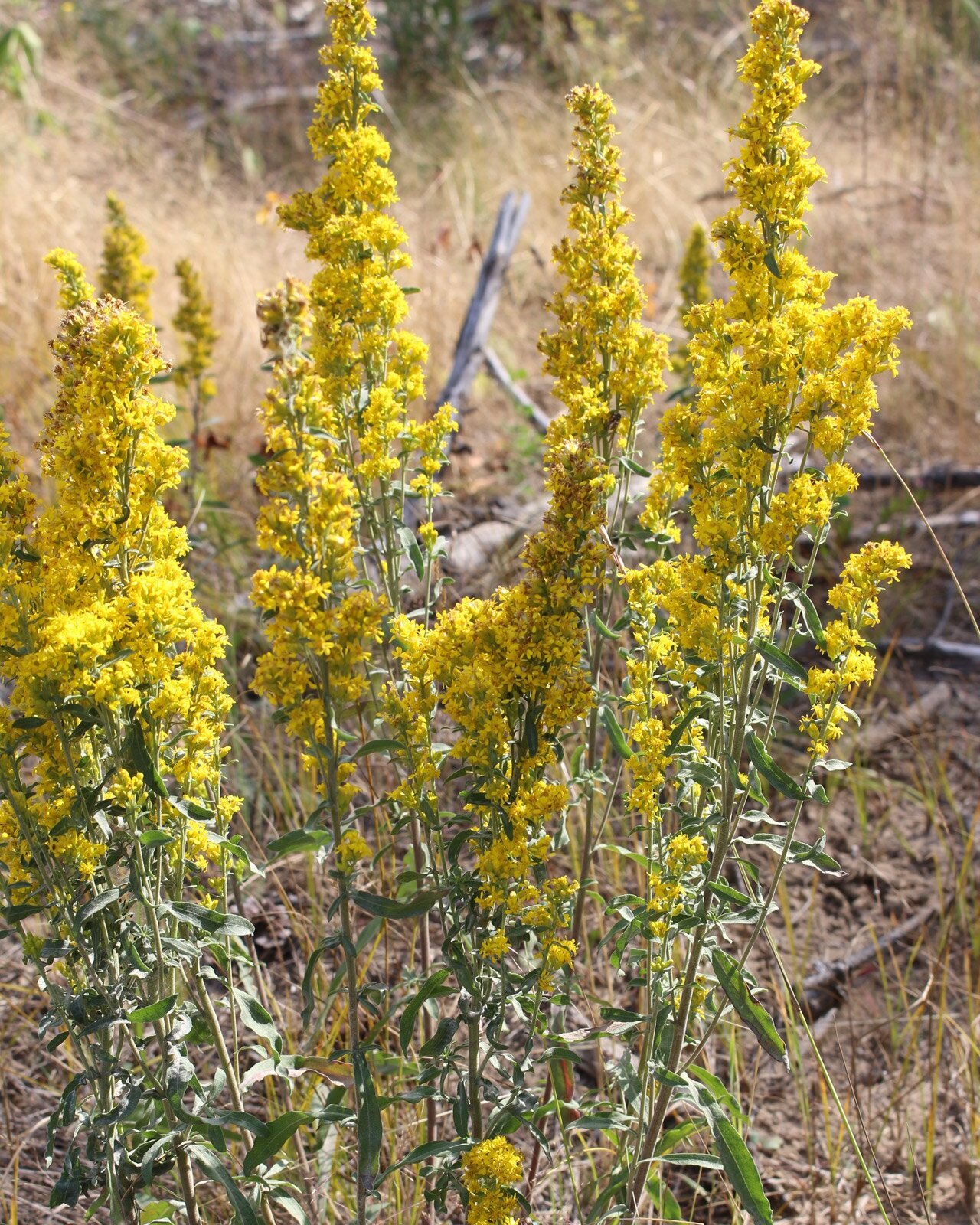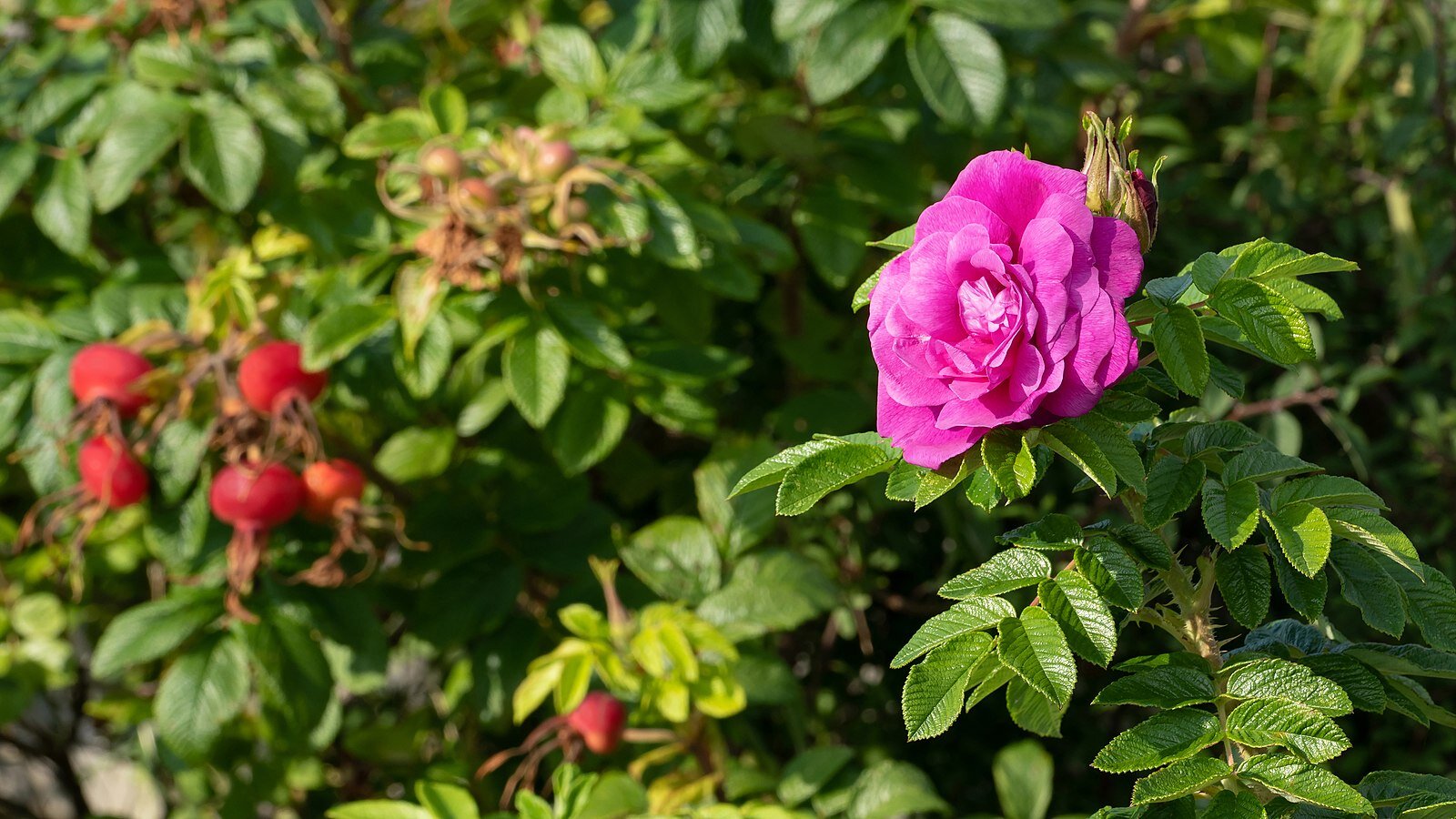Plants and Trees Suitable for The Wildwoods
Preserving the Wildwoods consulted with Steve Murray who has over 40 years experience designing and planting landscapes for seashore community. Steve recommends choosing both native and non-native plants at your Wildwoods home. Because of the unique coastal environment the Wildwoods have, we’ve put together a list of Steve’s recommended plants that can thrive in the Wildwoods.
Flooding Considerations
Salt water flooding is killing plants. The problem is more serious on the western side of the island where back bay flooding will kill most trees, shrubs and lawn grasses. There are some plants such as the Eastern Red Cedar, Japanese Black Pine, Hollywood Juniper and the Montauk Daisy that can handle salt water better than others, but on the west side, the best option may be to use raised planters or pots where the salt water cannot get to the roots. of the plants.
Annual Flowers
Annual flowers only last a year so you need to buy new and replant every season. But they have the advantage of working well in flower boxes and pots, so if you don’t have a garden or lawn or your home is prone to back bay flooding, these flowers can do well in containers compared to in the ground.
Petunia
Portulaca
Scaevola
Tropical hibiscus
Zinnia
Gazania
Geranium
Lantana
Marigold
Mexican heather
Penta
Perennial Flowers
Perennial flowers will bloom year after year compared to annuals which die after one year. These flowers do better in a garden or lawn where they can spread their roots and establish themselves as long-lived part of your landscape.
Joe pye weed
Ruellia
Daylilly (Most varieties)
Daffadills
Monarda
Mistflower (wild ageratum)
Gaillardia
Queen Annes Lace
Yarrow
Asters (most varieties)
Butterfly weed (all varieties)
Montauk daisy
Red hot poker
Rosemary
Prickly pear cactus
Sea lavender
Goldenrod
Sedum Autumn joy (and variations)
Goldenrod
Shrubs and Shrub-like Plants
A bit more sturdier than flowers but not as big as a tree, shrubs do well in seashore communities. This category of plants includes the Hydrangea which you see blooming all over the Wildwoods.
Dwarf red leaf sand cherry – Prunus cistena
Hydrangea (Most all varieties) – (Hydrangea Macrophylla)
Inkberry holly - Iilex Glabra
Mugo pine – Pinus montana mughus
Swamp rose mallow - Hibiscus Moscheutos
Wintergem boxwood – Buxus Microphylla
Rose of Sharon (all varieties) – Hibiscus syriacus
”Hassle free” rose
Bayberry - Myrica Pennsylvania
Beach plum – Prunus Maritima
Beach rose - (Rosa Rugosa)
California privet – Ligustrum ovalifolum
Hollywood juniper (evergreen) - Juniperus conferta
Salt cedar – (tamarisk Chenensis Torulosa)
Yews (most varieties) (Evergreen)
Yucca – Yucca filamentosa
Deciduous Trees
These are the trees that lose their leaves each year. Deciduous trees are not recommended within a block from the beach.
Catalpa - Catalpa speciosa
Crab apple (not good for curb areas) – Malus species
Crepe Myrtle (all varieties – not good for curb areas) – Lagerstroemia indica
Plane tree Maple – Plantaus acerifolia
Vitex (not good for curbside) – Vitex Agnus Castus
Buttonwood – Plantanus occidentalis
Pin oak – Quercus palustris
Flowering pear (all varieties) -Pyrus callertyana
Honey locust (Shade master) – Gleditsia triacanthos
Flowering cherry kwanza (not good for curb areas) – Prunus serrulata
Willow oak – Quercus phellos
Evergreen Trees
As their name says, evergreen trees stay green all year. Some of these trees such as the Red Cedar and Black Pine can tolerate saltwater flooding better than deciduous trees.
Black cherry - Prunus Serotina
Leland Cyprus - Cyressocyparis leylandii
Nellie Stevens Holly (Best holly) – ( Ilex Nellie Stevens)
American Holly - Ilex opaca
Japanese Black Pine - Pinus Thunbergiana
Native Red Cedar - Juniperus virginiana
Pitch Pine – Pinus rigida
Ground Cover
Ground cover are low-growing plants that can be an alternative to grass. Unlike grass, ground cover doesn’t need to be mown.
Seashore Juniper – (Juniperus Conferta)
Liriope – (Liriope Muscari)
Bar harbor juniper
Ornamental Grasses
Similar to ground cover plants, ornamental grasses aren’t mown and are generally used more for accents and edging instead of a complete ground cover. Most types of ornamental grasses will do well on the island so ornamental grasses are a good choice for a hardy plant that can survive the coastal environment.
Where to Buy?
Secluded Acres Farm
1024 Route 47 South
Rio Grande, NJ 08242
http://secludedacres.farm/
Churches Garden Center
522 Seashore Rd.
Cape May, NJ 08204
https://www.churchsgardencenter.com/
Cape Shore Gardens
1028 Route 9 South
Cape May Court House, NJ 08210
https://capeshoregardens.com/
Beach Rose (Rosa Rugosa)



